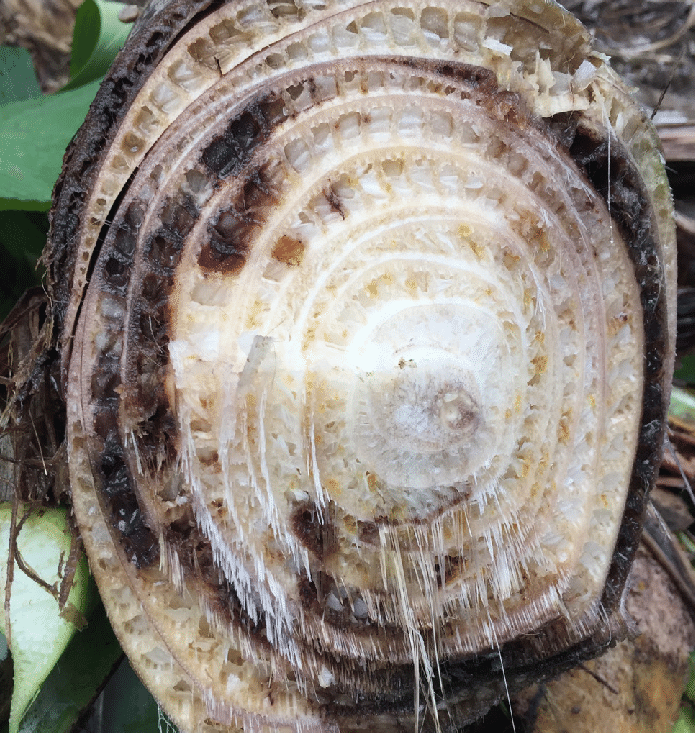



Article by: Hari Yellina
Thanks to a brand-new children’s book about the tropical race 4 of the Panama disease, the next generation of North Queensland biosecurity champions is going bananas to safeguard nearby crops (Panama TR4). “Charlie Goes Bananas!” was written by local author Matilda Bishop after being commissioned by the Panama TR4 programme. It was just released with a live reading to students at the South Johnstone Centre for Wet Tropical Agriculture. The focus of the book, according to Ms. Bishop, is biosecurity education. When Charlie visits his grandfather in Far North Queensland, she explained, “Charlie is a small boy who learns about Panama TR4 (a terrible illness of bananas). He is concerned after noticing ill banana trees at the neighbouring farm that have contracted Panama TR4.
Charlie learns what the illness is and how he can stop it from spreading to banana crops. Leader of the Panama TR4 programme Rhiannon Evans claimed that the disease could not be wiped out. The united government, business, and grower action to control and contain the disease in Queensland, she added, “has set a global precedent. Panama TR4 has decimated banana growing regions throughout the world.” “Over the past seven years, everyone in Queensland has worked hard to limit the spread of the illness to only five farms in the Tully Valley. We hope that this book will continue the work to educate residents in Far North Queensland about what they can do to stop the disease’s spread in the future. The Panama TR4 program is a joint initiative between the Queensland government and the Australian Banana Growers’ Council (ABGC).
Panama TR4 is a serious banana disease that has been found on farms in Far North Queensland. It is caused by a fungus that lives in the soil. The fungus is not eradicable and can survive in the soil for decades without host plants.
Panama TR4 is easily spread by people, vehicles, machinery and animals by the movement of:
Symptoms are more obvious at particular times of the year and crop stage. As bunch growth requires additional nutrients and water, this may promote appearance of symptoms. For example, plants may look healthy until bunches emerge, then suddenly start to show leaf yellowing and wilt. Environmental stress such as wet, dry or extremely hot conditions enhance the development of the disease.